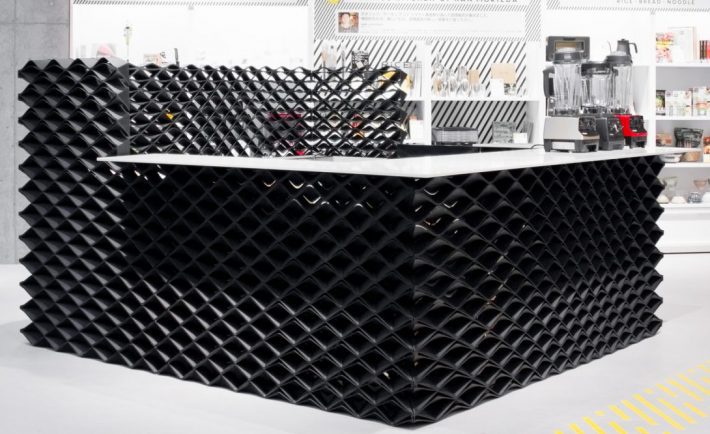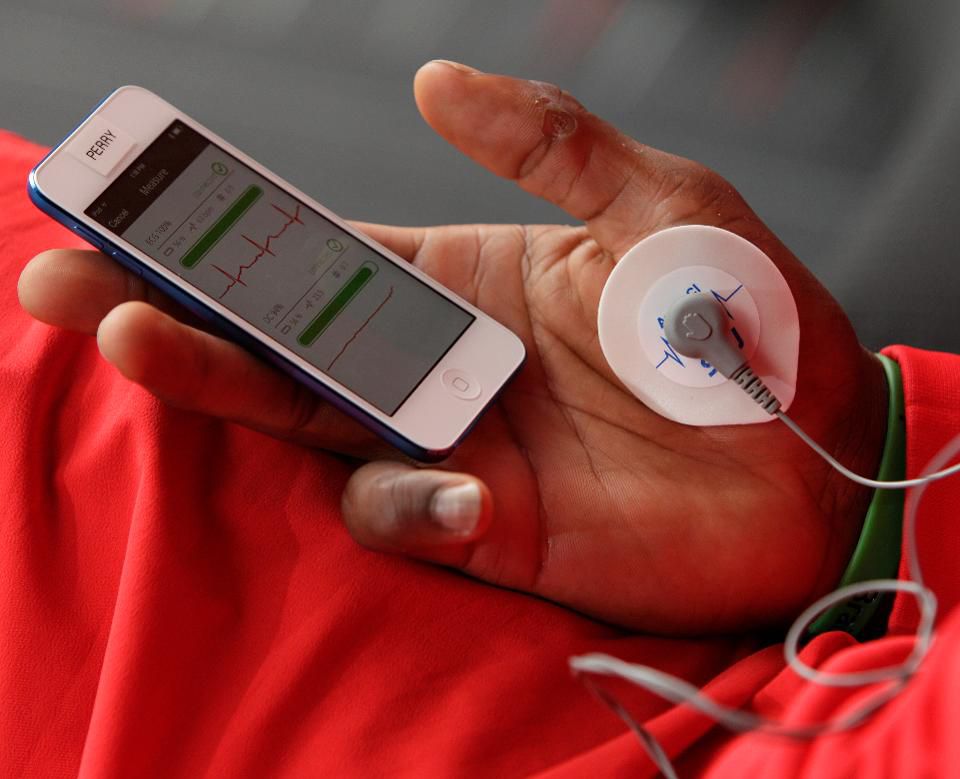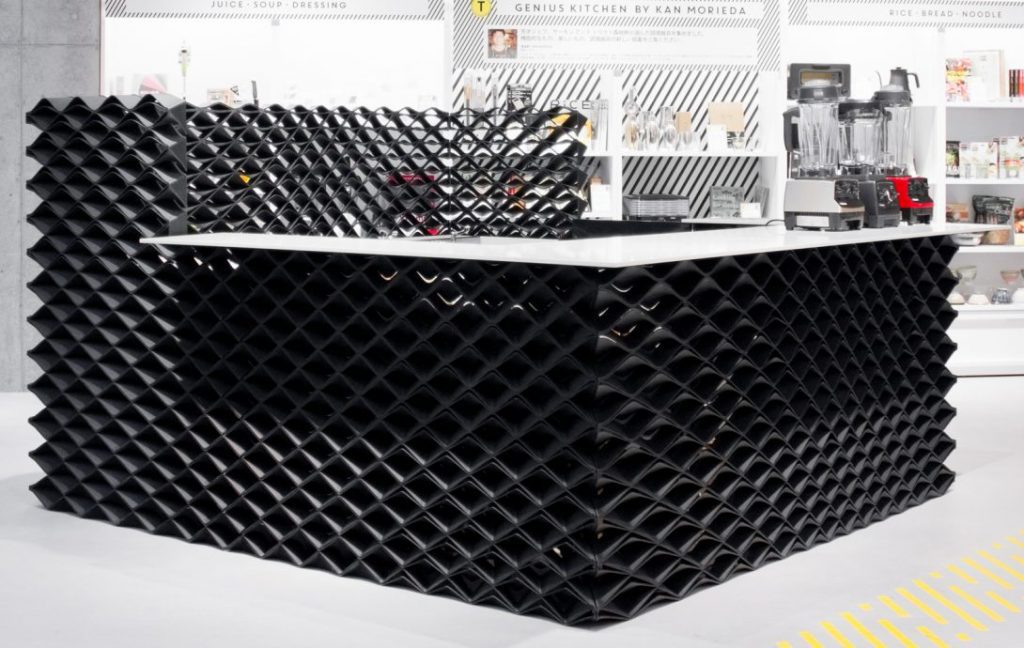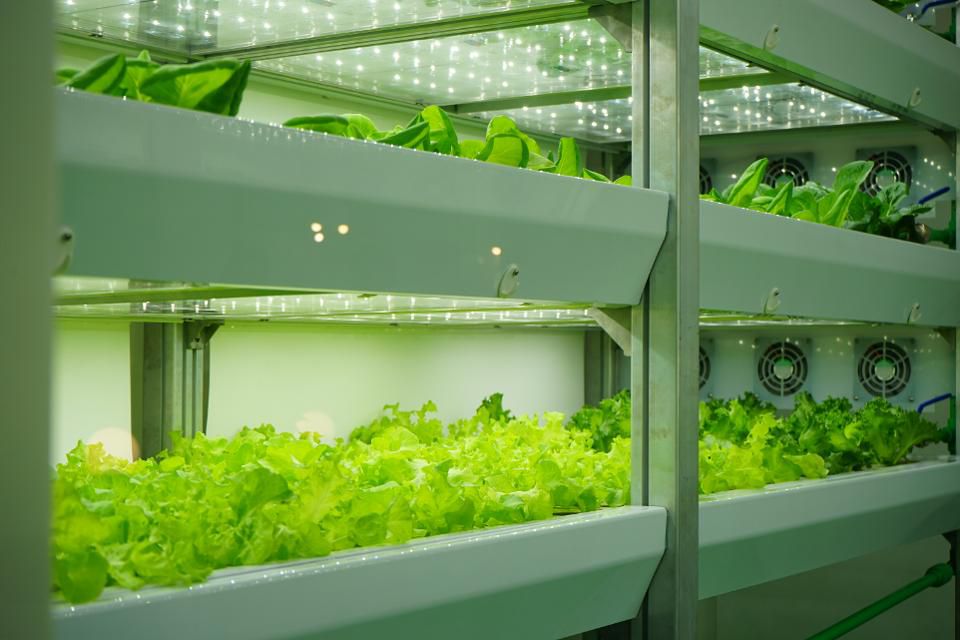
Technology has transformed every aspect of our lives, and the sectors being most radically transformed by new technology are not always those you’d expect. In many cases, technological and social change goes hand in hand. For example, now that more people are betting on NFL online there is a growing mandate, and the financial incentive, to use state of the art technology in safeguarding and regulating what is now a legal activity in a growing number of states.
Because sports betting essentially involves predicting the performance of a highly-trained human body, it’s logical that advances in biometrics, nanotechnology and medical monitoring will be used to improve analytics and provide greater accuracy. The more data that can be provided, and the faster it can be delivered, the better. Meanwhile, it will also become more important than ever to deploy a full range of technological solutions to ensure that no cheating is going on.
The cutting edge

Technological development is often driven by competition, and both bookies and betting syndicates will use the latest digital tech to try to gain even the most minuscule edge over each other. Real-time data on stress, fatigue, sweat and heart levels can be gleaned via biometric devices or even microchips implanted under a player’s skin. This could be used to adjust gambling odds and to try to beat them. Yet the real reason for these implants will be to preserve game integrity by delivering information to both AI and human monitors.
Cameras will film play from every conceivable angle, using drones alongside cameras that give the point of view of both players and live spectators. Alongside these streamed camera feeds will come endless statistics and highlights augmented by VR and CGI. This last feature will blur the boundaries between live and eSports.
Online betting sites will likely encourage the use of blockchain-powered cryptocurrencies so that bets are easier to track and trace. The likes of the NFL and NBA may also launch their own cryptocurrencies to control the betting action around their particular sport.
New objects

Elsewhere, the furniture sector has remained essentially unchanged since well before the industrial revolution. A chair made in the middle ages was basically the same as a chair is today. But the chair of tomorrow may well look very different, or at least have the potential to look very different. The specific technologies impacting on the furniture industry now are 3-D printing, virtual/augmented reality, and the internet of things.
Using virtual reality, furniture designers will be able to see, feel and use furniture in the setting for which it is intended before it is made. Alterations can then be made to the design. This also means that customers can use the same programs to create custom furniture that suits their needs, so no two chairs need ever be alike again. The finished design can be sent to your home via a 3-D printer, assembling itself on location.
Finally, a finished piece of furniture may incorporate technology that connects it with other items in your home, or that enables it to respond to your body’s needs before you are conscious of them. Think of a responsive mattress that adapts its shape, position, and softness as you move in your sleep, or a bed that will gently wake you up at a set time each morning. Think of a self-cleaning kitchen table or a couch that will pull a blanket over you, turn off the TV and dim the lights when it senses that you’ve fallen asleep.
Transforming the world

Predictive analytics and AI have already made an impact on other “traditional” industries like farming, where genetic modification of crops and seeds is becoming more accepted and commonplace. Soon we may see artificial meat that is “grown” is laboratories and can feed millions without the environmental or ethical cost of mass livestock grazing. Similar innovations are transforming healthcare as well.
It is difficult to think of an industry that is not being massively disrupted by technological change. Those that are most resistant to innovation, such as basic manual labor, are most at risk of being phased out as we develop machines that can do construction, delivery and factory work faster, safer and more accurately than human beings. In arts and crafts, computers are allowing new possibilities that are being embraced alongside traditional skills.
The future is happening now, but age-old activities like sports, gambling, and farming will adapt to technological change and will use the new possibilities to move forward into the digital age.




